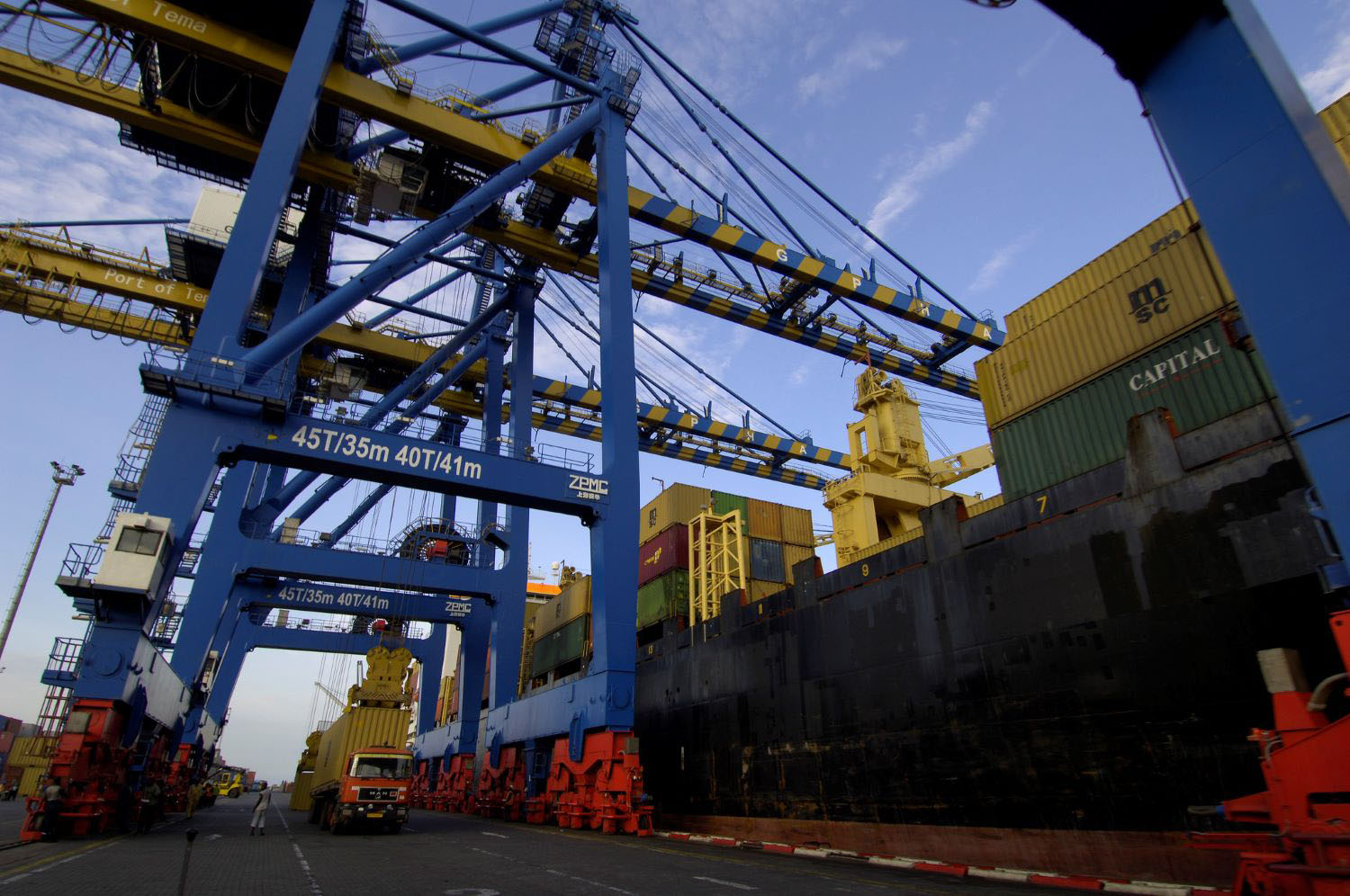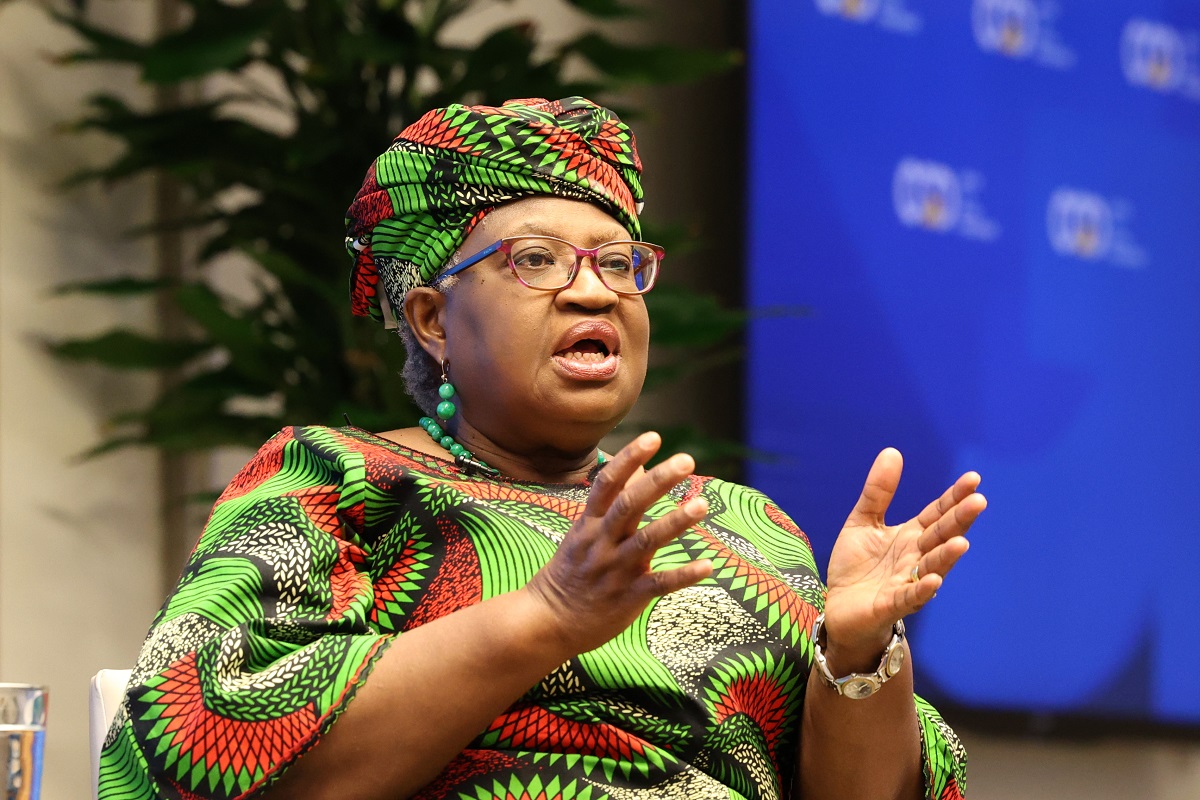Trade ministers are currently gathered at the World Trade Organization in Geneva to give one last push to delivering a Doha Round trade agreement before it is put on the shelf indefinitely. As it has been from the beginning, agriculture remains a key stumbling block (see my book, Delivering on Doha). US Trade Representative Susan Schwab started the week by offering to lower the overall ceiling for trade-distorting US farm subsidies from $22 billion to $15 billion. But the offer has been derided as meaningless by Indian, Brazilian, and other developing country negotiators because US subsidy payments are currently well below that ceiling as a result of the recent surge in commodity prices. (USDA projects payments in two of the three trade-distorting categories (excluding de minimis) will be less than $2 billion in this fiscal year.)But the point of reform is to restrain how much the US government can subsidize farmers when prices fall. As shown in the chart, if prices fall back to levels regularly seen in the first half of the decade, the US offer would constrain subsidy payments, at least for the most trade-distorting forms of support reflected in the lines labeled AMS. The previous US offer would not, however, have put significant constraints on the other two, somewhat less-distorting, categories of subsidies -- the blue box and non-product-specific de minimis, but an additional $2 billion will have to come out of those categories, providing some discipline on them. (The other $5 billion is a symbolic cut that will most likely come out of the product-specific de minimis category, which is little used by the United States.)In sum, it is true but largely beside the point that the US offer would not lead to cuts in current subsidy payments. It is also true that the recent farm bill is out of step with the proposal and, if the agreement is approved, US farm policy will have to change.
CGD blog posts reflect the views of the authors, drawing on prior research and experience in their areas of expertise.
CGD is a nonpartisan, independent organization and does not take institutional positions.






